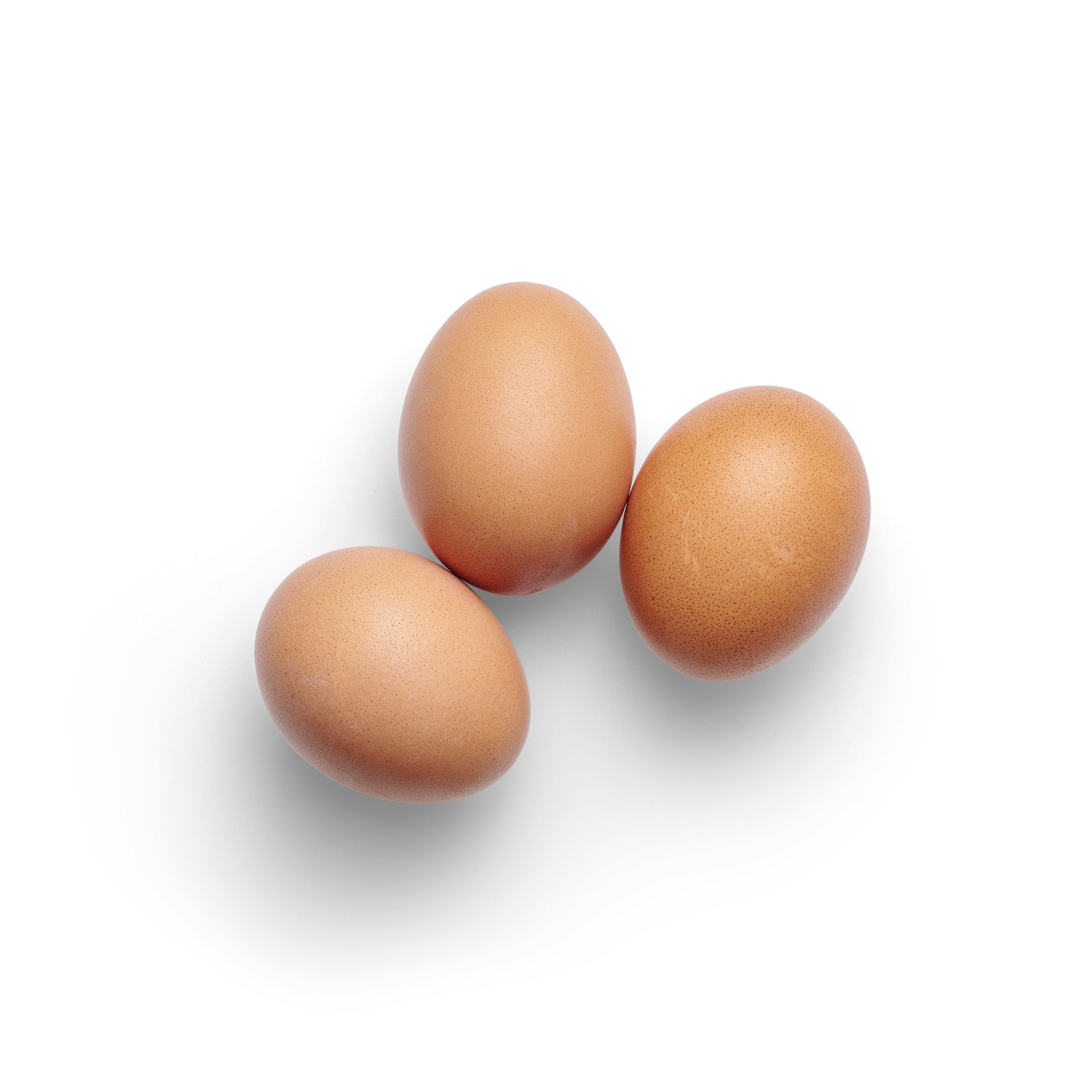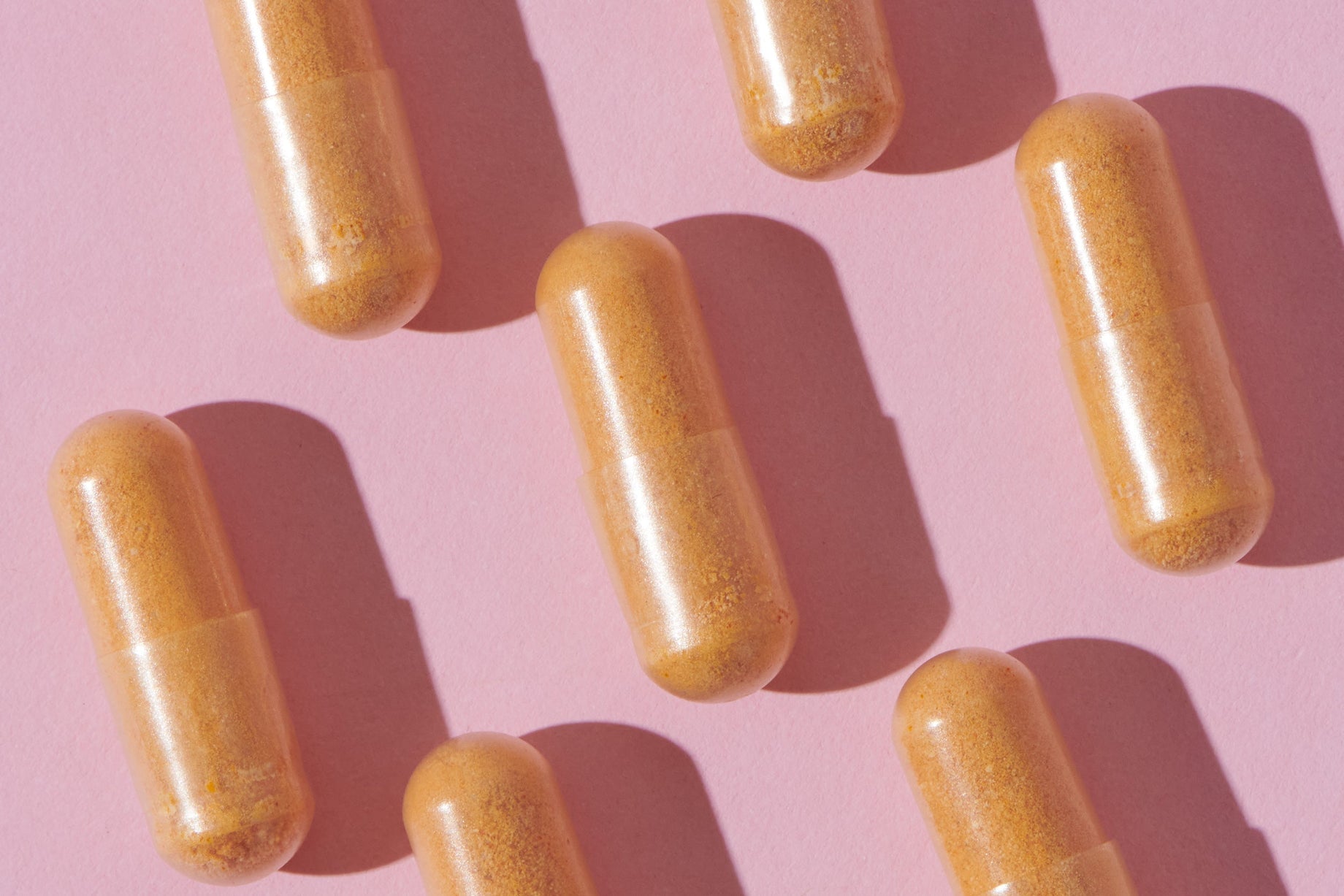Jump to:
Why Am I So Tired Before My Period?
It’s no surprise that many of us feel like we’re dragging ourselves through the week before our period. This is due to luteal phase fatigue, a natural dip in energy caused by hormonal shifts in the menstrual cycle. While it’s common, it can be tough to manage without understanding what’s going on.
The Role of Hormones in Luteal Phase Fatigue
During the luteal phase (the two weeks after ovulation and before your period starts), progesterone levels rise to prepare for a potential pregnancy. While this is completely normal, progesterone has a calming effect on your brain and body which can leave you feeling sleepy and sluggish.
✿ Progesterone also affects your body’s ability to regulate blood sugar, leading to those energy crashes that often hit just before your period
✿ This hormone can cause fluid retention and bloating, which can make you feel heavy and less energetic
✿ Some women also experience disrupted sleep, contributing to overall fatigue
Why Iron Levels May Drop
During your cycle, iron levels can fluctuate due to hormonal changes and potential blood loss. This can leave you feeling more tired than usual, especially if your iron stores are already low. If you’re experiencing iron-related fatigue, try supporting your energy with foods rich in iron or consider adding targeted support like ironbiotic for gut health and energy support.
Magnesium’s Role in Menstrual Health
Magnesium is a key mineral that supports energy production, stress management, and muscle recovery. When levels drop (which often happens premenstrually), you might experience fatigue, cramps, or even mood swings. Magnesium also helps support mitochondrial function, which is essential for steady energy levels. Incorporating mitomag into your routine can support stress, mitochondria and muscle recovery during this phase.
Ways to Boost Your Energy Before Your Period
✿ Prioritise Full-Body Nourishment
Your body needs extra support during the luteal phase. This is where a holistic, nutrient-rich approach comes in. Try incorporating evernatal for pregnancy support and full-body nourishment—even if you’re not pregnant, this supplement provides key vitamins and minerals that support overall wellness.
✿ Focus on Sleep and Stress
Hormonal changes can affect sleep, so it’s important to prioritise a calming bedtime routine. Keep screens off an hour before bed, try a warm bath, and consider relaxation techniques like yoga or gentle stretching.
✿ Embrace Movement
Light exercise, like walking or gentle stretching, can boost circulation and help regulate energy levels. Avoid high-intensity workouts if you’re already feeling tired—listen to your body.
✿ Don’t Forget Vitamin D
Vitamin D is essential for energy metabolism and immune support. If you’re not getting enough from sunlight, consider supplementing with sol drops to help maintain healthy levels.
The Takeaway
Feeling more tired before your period is common and normal, but it doesn’t have to hold you back. By understanding the role of hormones like progesterone, supporting your body with key nutrients like iron and magnesium, and prioritising self-care, you can navigate the luteal phase with more energy and ease.
Credits
✿ Hunter, M. et al. (2020). Progesterone and energy levels during the menstrual cycle. Journal of Women’s Health, 29(4), 523–530. [PubMed]
✿ Rodriguez, A. et al. (2019). Iron depletion in the menstrual cycle. Australian Journal of Nutrition, 12(2), 110–117. [healthdirect.gov.au]
✿ Smith, B. (2021). Magnesium supplementation and fatigue. NIH Clinical Review, 145(3), 350–360. [NIH]






